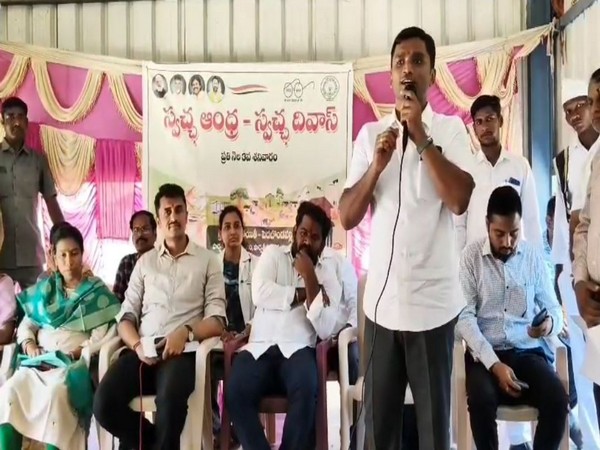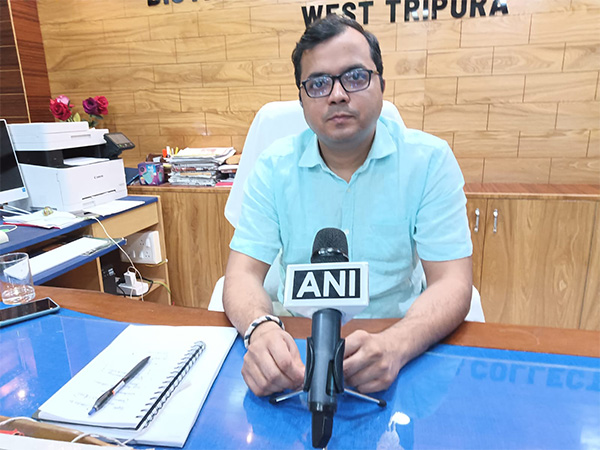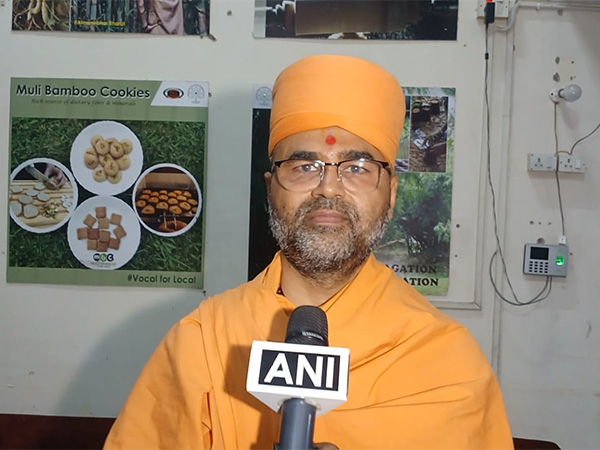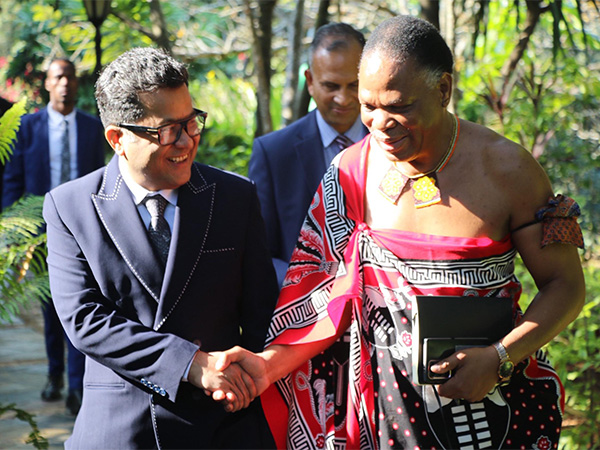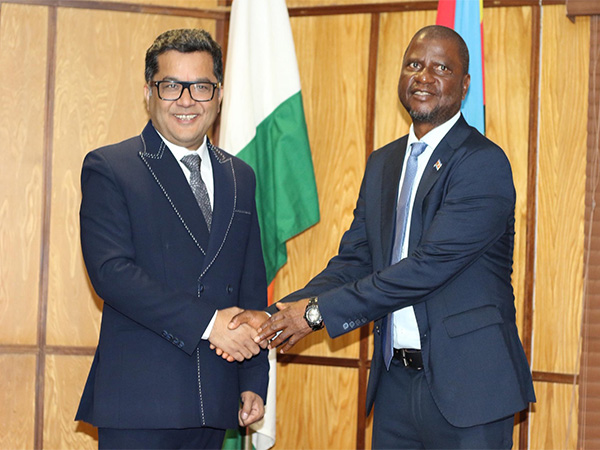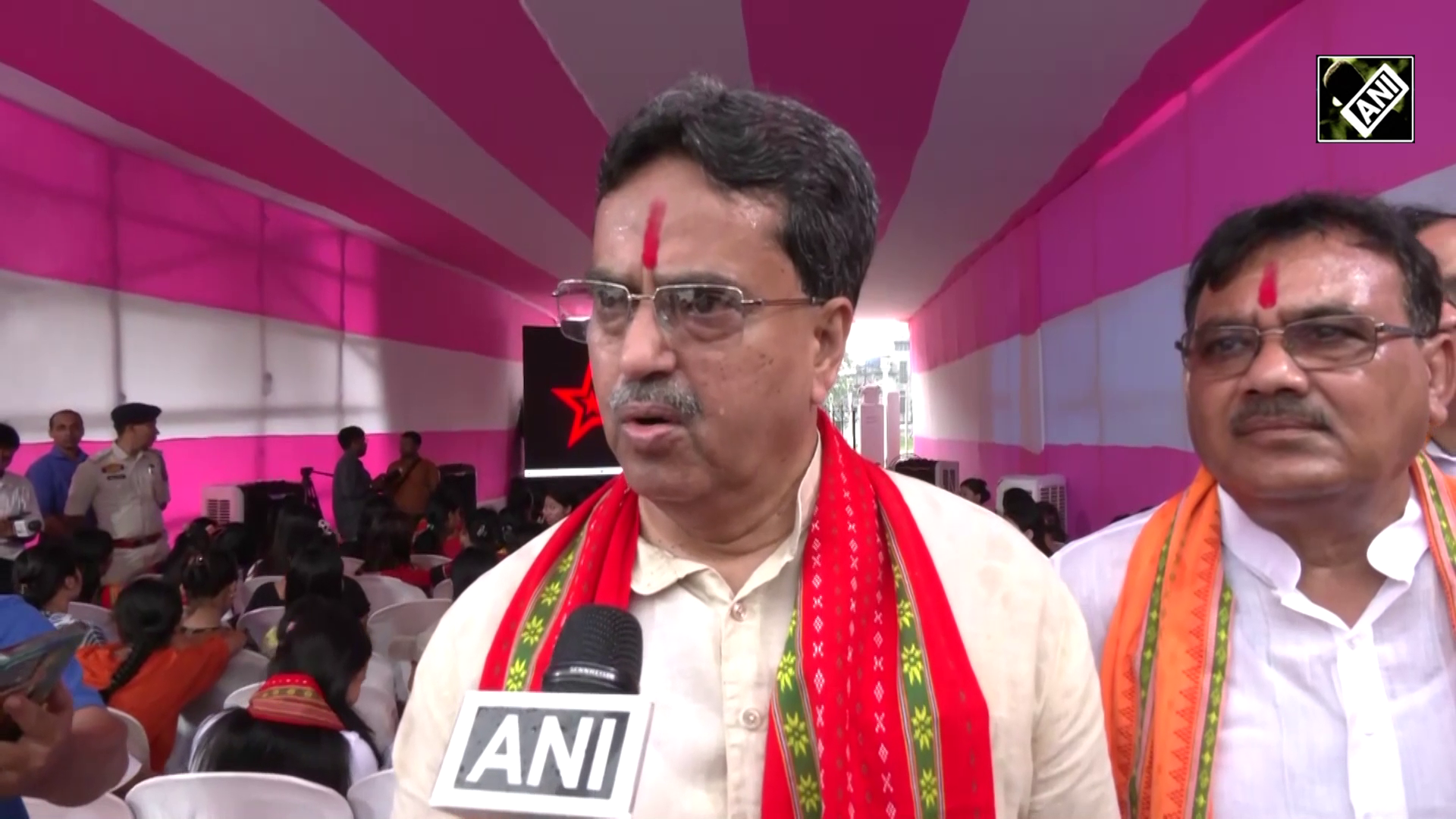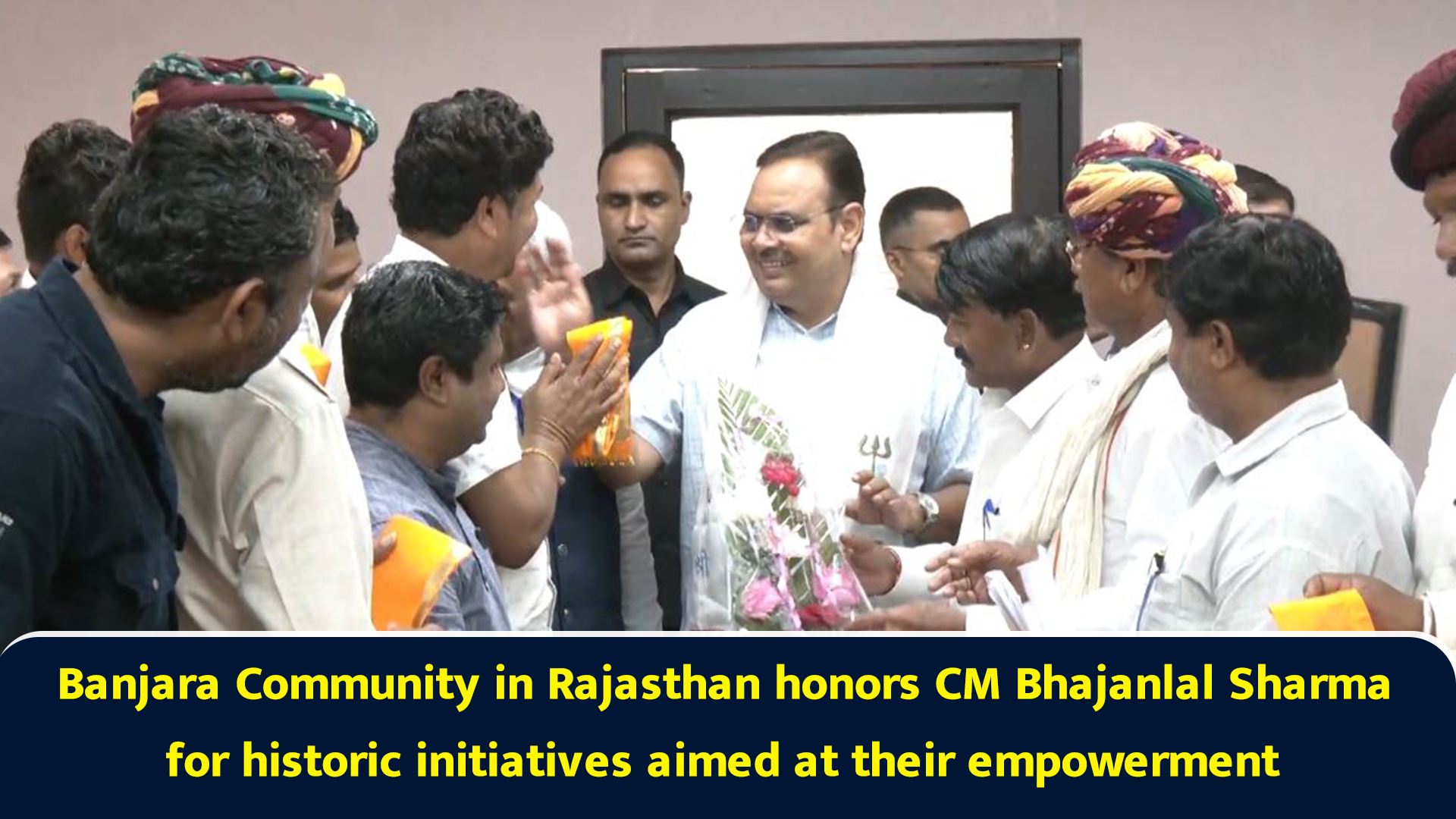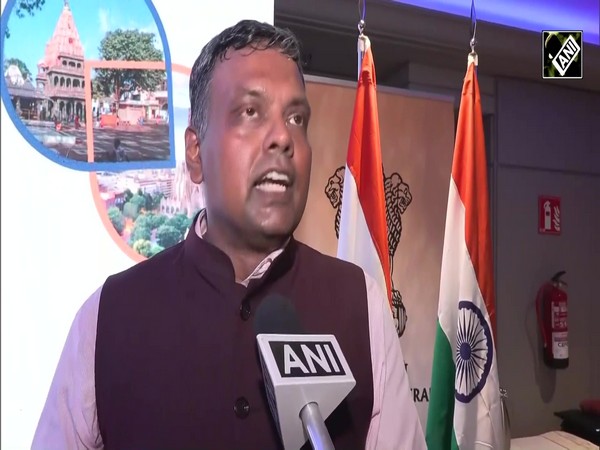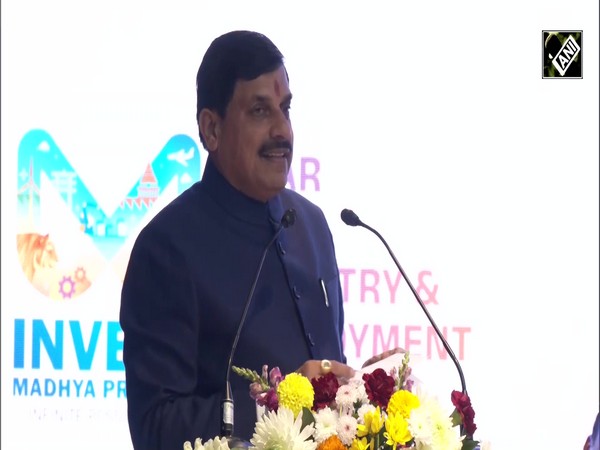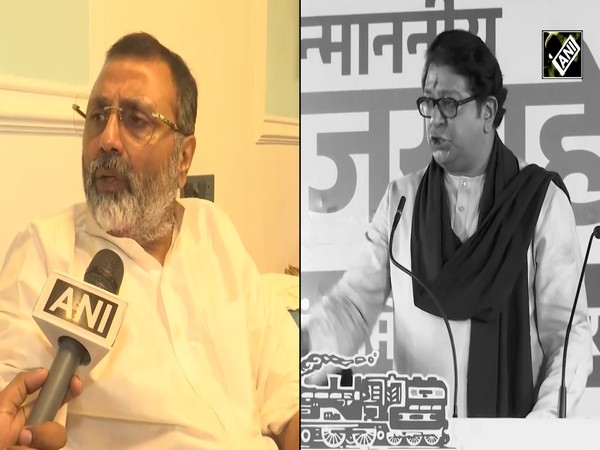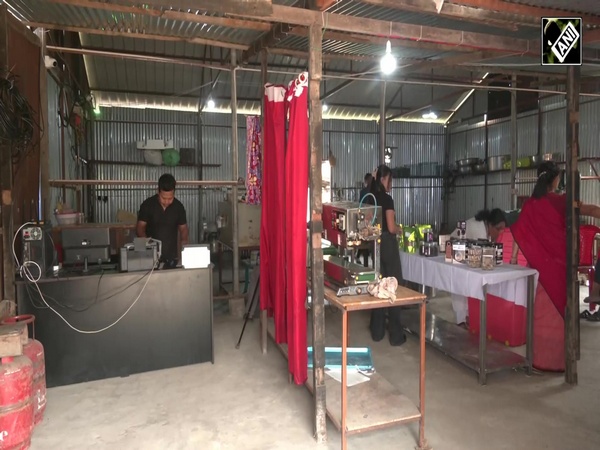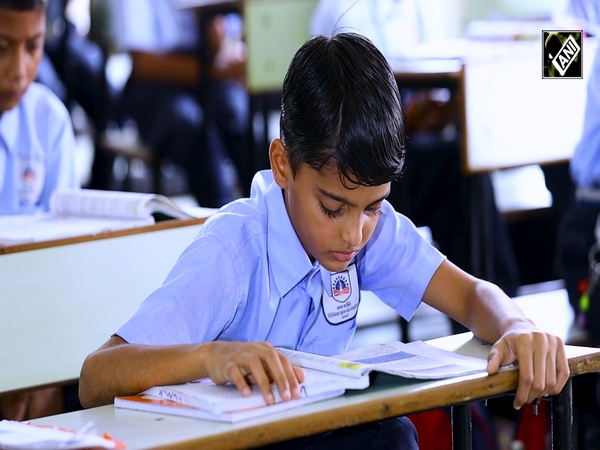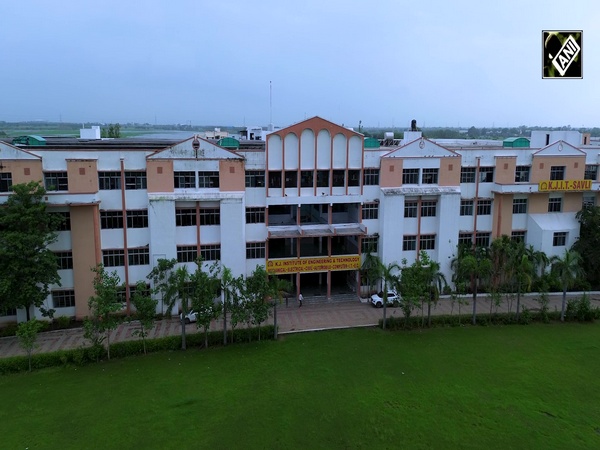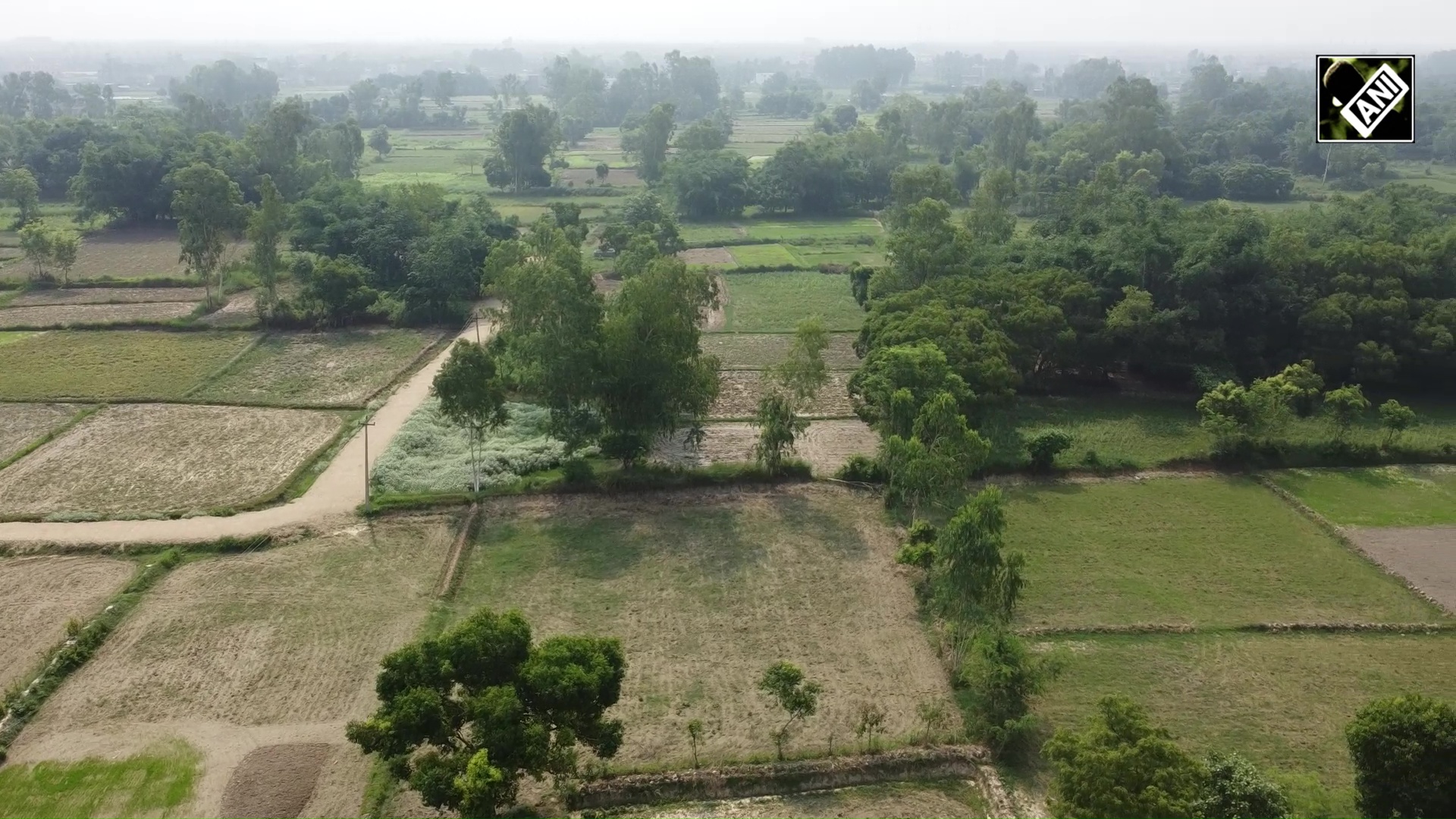Husband forcing himself on wife is not lovemaking, Amicus argues before Delhi HC
Jan 14, 2022

New Delhi [India], January 14 : While stressing on criminalising marital rape, Amicus Curiae on Friday argued before Delhi High Court that when a husband forces himself on his wife, definitely he is not engaging in lovemaking.
Senior Advocate Rajshekhar Rao, who has been appointed as Amicus Curiae, made this submission before a division bench of justices Rajiv Shakdher and C Hari Shankar, which was hearing a batch of petitions concerning criminalisation of marital rape.
Citing a judgement, Amicus Rao said that Supreme Court has said that no one can compel a woman to love.
"The principle that no one can compel a woman, love is the foundation of Section 375 IPC but for the exception when a husband forces his wife, definitely he is not engaging in lovemaking," he said.
Amicus Rao reiterated that when a husband sleeps with a woman against her will if she was unmarried or separated, she could prosecute him for that offence, but because she is wife, there is an alteration in criminal law which denies her the ability to call that rape.
"If a man had raped (his fiance) immediately before marriage, the law would permit her to prosecute him for rape. Should that right be taken away from her just because she married him?" Amicus asked.
He argued that denying the opportunity for a woman to prosecute a man, even her husband, for rape has the practical effect of obliterating her consent altogether.
During the arguments, Amicus Rao also played a video of the Thames Valley Police, wherein making a cup of tea was compared to the concept of consent.
Amicus argued that law should not hesitate in calling a spade a spade and in fact law has a duty to step in and protect the oppressed person.
"This is the strange case where the laws said, I am stepping in, I will assist you but I will not allow you to call it what it is," Amicus said.
Amicus Rajshekar Rao questioned whether a husband is entitled to accept that his wife will succumb to him every time he wants it against her will.
He also raised the point that the Constitution does not discriminate between men and women but here is a provision that seems wrong on the face of it.
A wife should be denied the ability to call out the indignity but she may take legal recourse under Section 498 A as per legal provisions, he remarked.
He also asked, "What if a wife does this to her husband?" Unfortunately, the law is not gender-neutral and here the legislature should step in, he argued.
The court will continue hearing the case on the criminalization of marital rape next Monday.
The petitioners include the NGOs RIT Foundation and All India Democratic Women's Association who have challenged an exception to section 375 and the Indian Penal Code.
